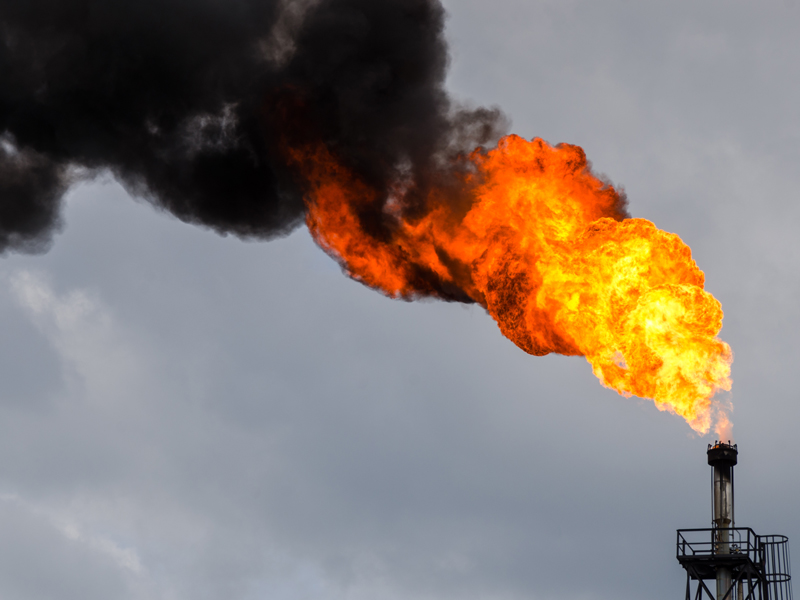
Oil prices saw their biggest jump on record as markets reopened on September 16, after an attack on a Saudi Arabian oil facility at the weekend caused huge disruption to global markets.
About 5.7 million barrels have been affected by the strike on Saudi Aramco’s Abqaiq oil facility in Buqyaq, cutting more than half of the country’s production and removing about five percent of global supplies. As a result, Brent crude, the international benchmark for oil prices, leapt almost $12 when markets reopened, climbing to $71.95 a barrel, in the biggest intra-day jump in dollar terms since 1988. Analysts believe it may be the single worst sudden disruption to oil markets ever.
Analysts warn that this attack may not be the last and that retaliation by Riyadh or Washington against Iran could create further turmoil within global energy markets
The attack, which the US claims was coordinated by Iran, has sent shockwaves through the world’s financial markets. Shares fell in early trading in Europe, with the FTSE 100 down 0.2 percent and Germany’s DAX index falling by 0.5 percent. Haven assets like gold surged, while commodity-linked currencies like the Norwegian krone and Canadian dollar also rose.
The market is likely to remain unstable until there is more clarity around how long it could take Saudi Arabia, the world’s biggest exporter of crude oil, to restore output. The kingdom has said it will tap into stocks from its large storage facilities. However, this may not be sufficient to meet demand in the long-term.
“Saudi Arabia has enough reserves to cover the shortfall over the next week, but if the outage extends, then filling the gap with the right type of crude quality could be a challenge,” Vima Jayabalan, Research Director at Wood Mackenzie, told World Finance.
Analysts warn that this attack may not be the last and that retaliation by Riyadh or Washington against Iran could create further turmoil within global energy markets. The main importers of Saudi crude – India, China and Indonesia – will be particularly vulnerable to such disruption in the oil supply. The sharp increase in oil prices also comes at an inopportune time for the global economy, as higher energy costs could spell trouble if the economic slowdown continues.


